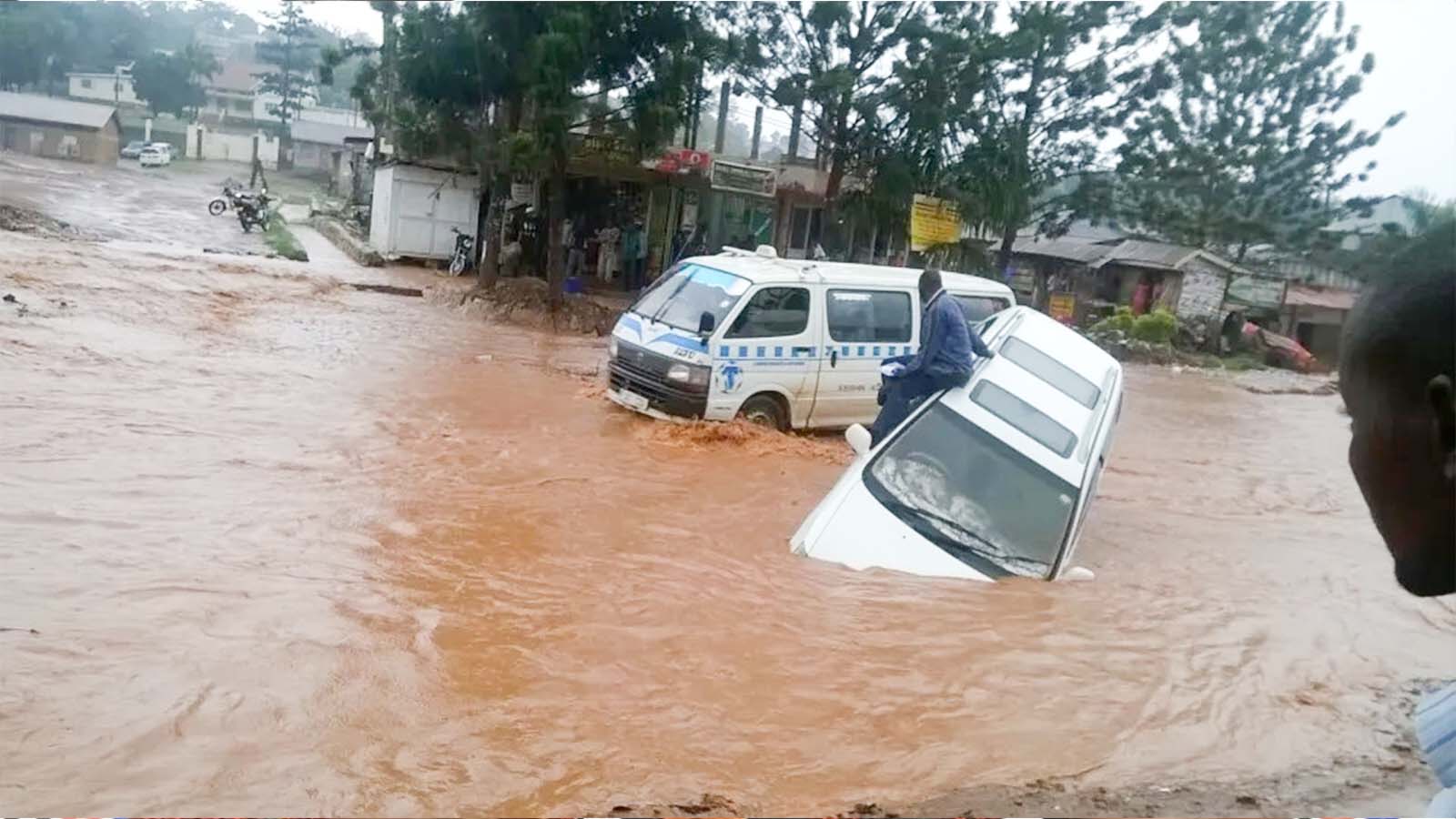Kampala’s persistent flooding crisis has escalated to dangerous levels, prompting calls for urgent intervention from city leaders. The latest wave of heavy rains triggered flash floods that submerged homes and roads, stranded hundreds, and claimed at least seven lives by the end of March 2025.
This devastating event has once again underscored the city’s vulnerability due to its aging and overwhelmed drainage systems. Neighborhoods like Wandegeya, Kawempe, Nakawa, and Kisenyi have faced repeated flooding, causing widespread property damage, displacement, and paralyzing transport.
In response, the Kampala Capital City Authority (KCCA) approved a comprehensive drainage overhaul aimed at transforming the city’s flood management infrastructure. The ambitious plan includes upgrading open drainage channels, transitioning to modern underground systems, and introducing sustainable flood mitigation measures. It also emphasizes collaboration with local investors for improved efficiency and accountability.
Despite the initiative’s approval, the implementation has been sluggish, raising concerns among city leaders. During a recent inspection tour of drainage channels in Makindye Division, Kampala Central Division, and surrounding neighborhoods, KCCA Speaker Zahara Luyirika and fellow councillors expressed frustration over the slow pace of work.
“We’ve seen the reality on the ground—drainage systems are severely blocked, and the impact on residents is catastrophic,” said Luyirika. “Given the scale of funding already allocated to this project, we expect far better progress.”
The councillors noted that blocked drains have directly contributed to road destruction and waterlogging in vulnerable areas. They emphasized that technical teams must urgently prioritize high-risk zones and ensure timely delivery of the promised upgrades.
“Flooding is no longer a seasonal inconvenience—it is a life-threatening emergency,” Luyirika added. “The city deserves better. We cannot afford delays when lives are being lost and communities are suffering.”
Councillors are now demanding a more streamlined and accountable approach to drainage works, urging efficient use of resources and faster execution of project milestones.
While KCCA officials have pledged to accelerate construction and focus on flood-prone areas, the pressure is mounting. Residents continue to grapple with the fallout from inadequate drainage infrastructure as they await meaningful change.





